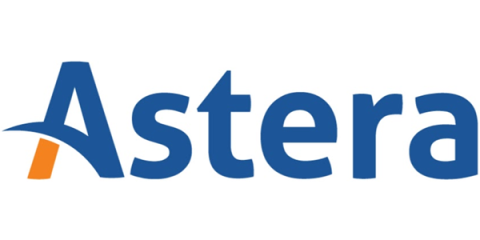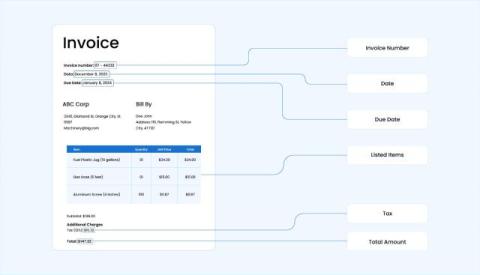How will low-code/no-code platforms affect the future of test automation?
How Low-Code/No-Code Platforms Are Shaping the Future of Test Automation? Gokul Sridharan emphasizes that these platforms have three types of impact on organizations upon adoption.









